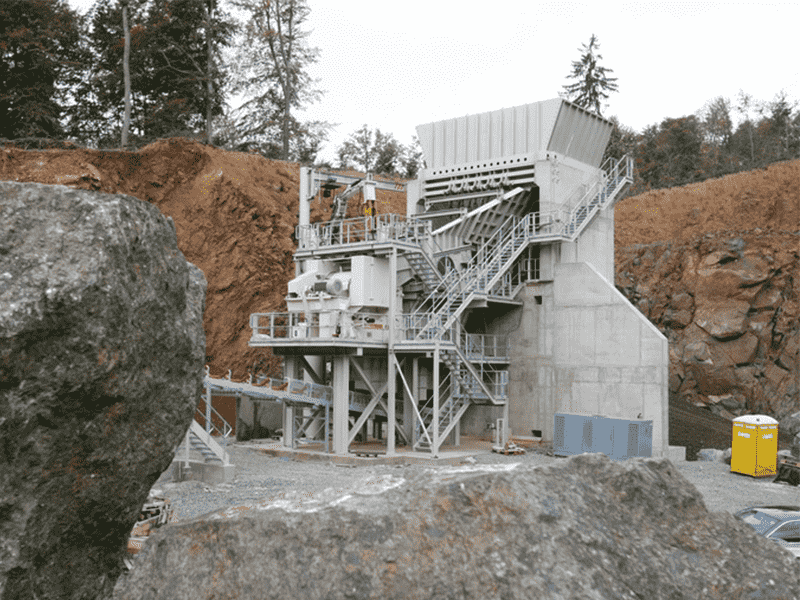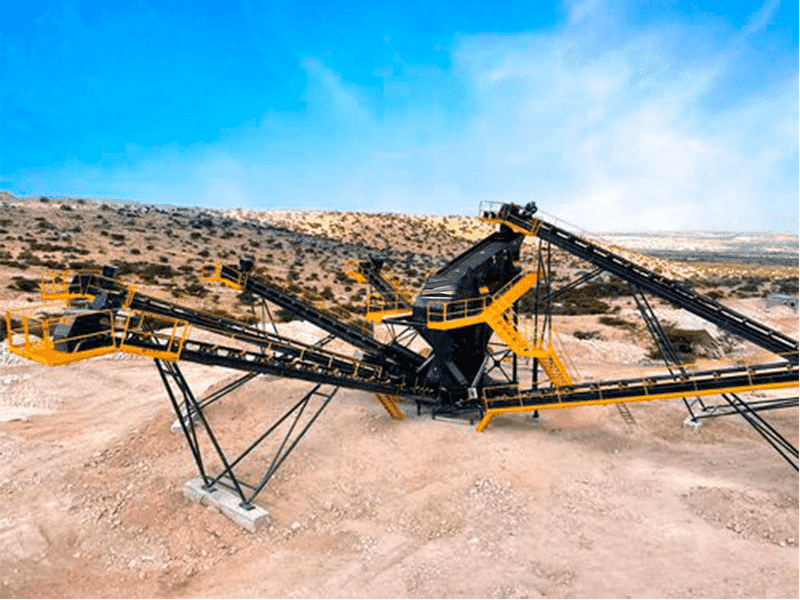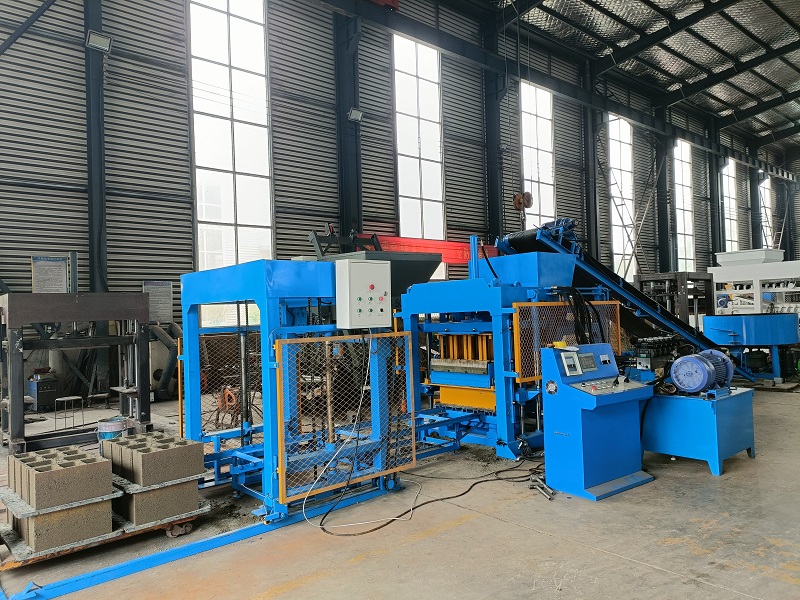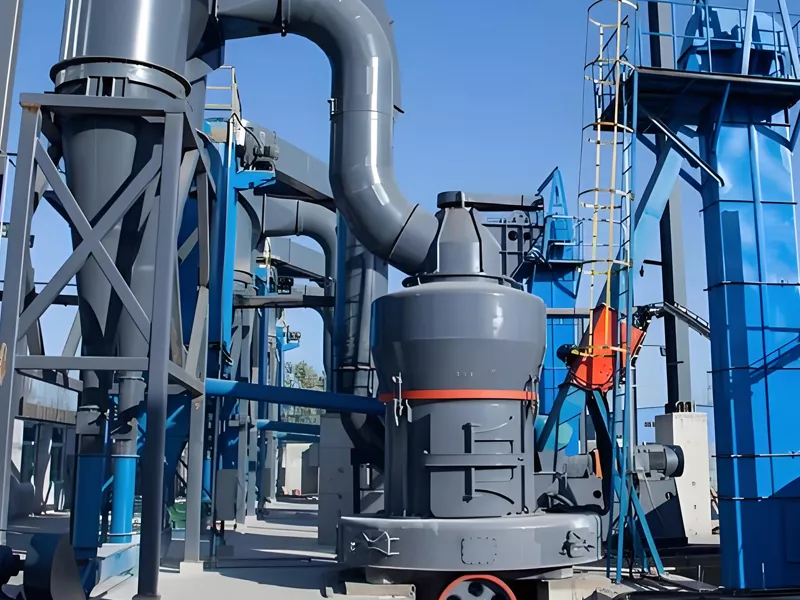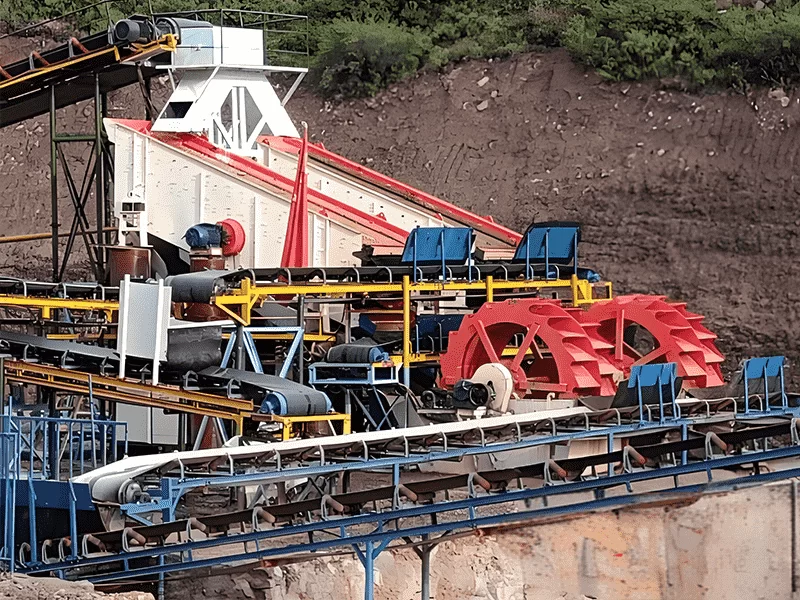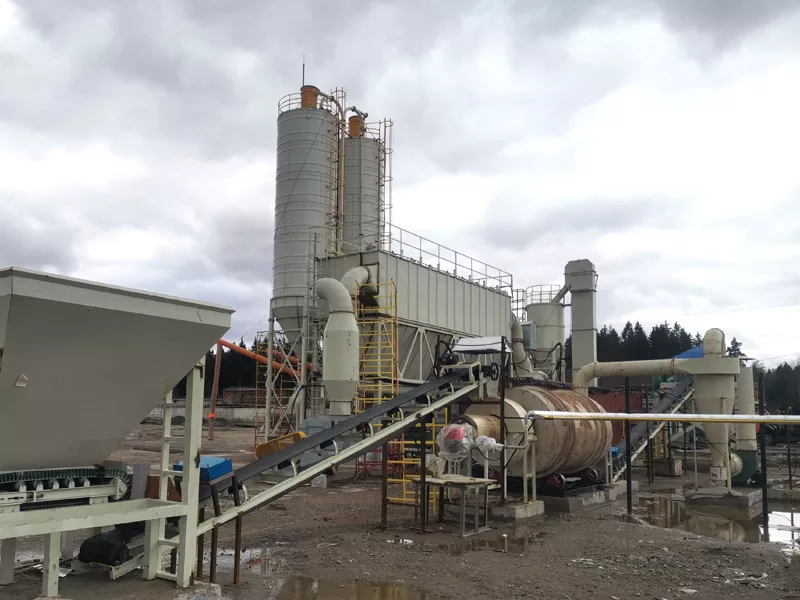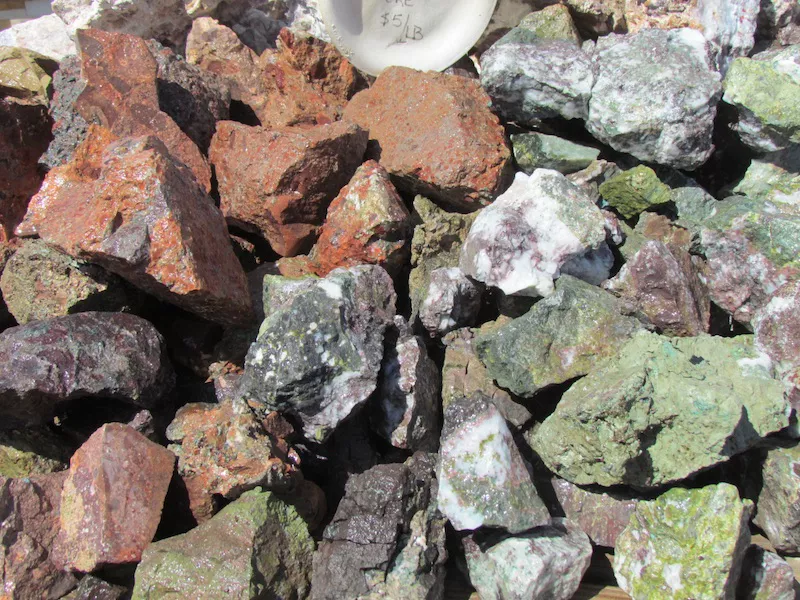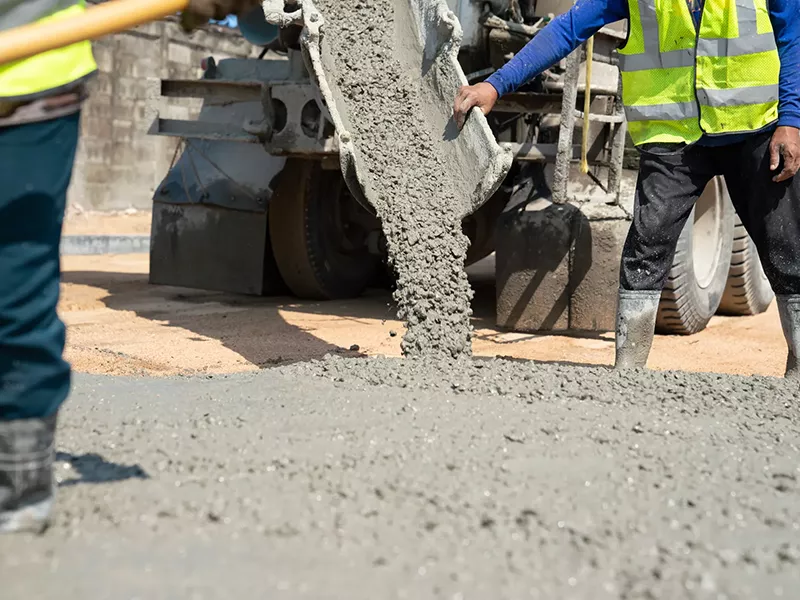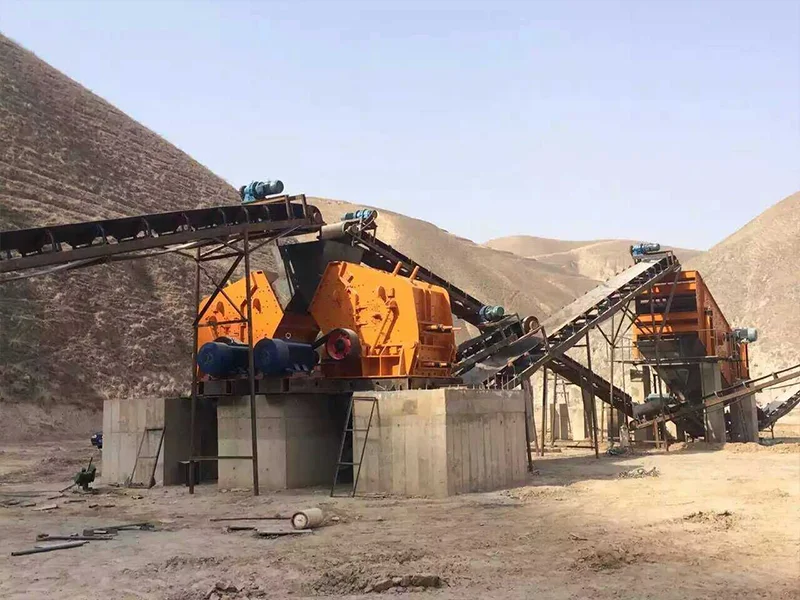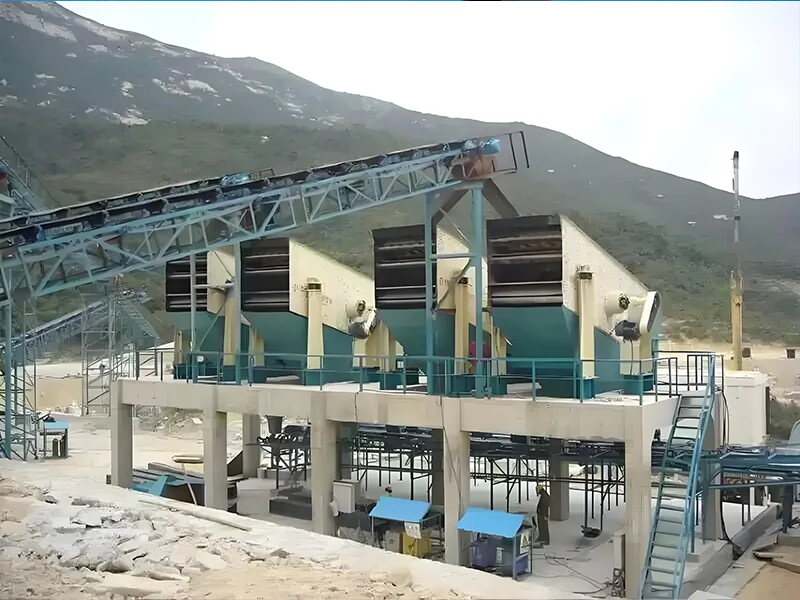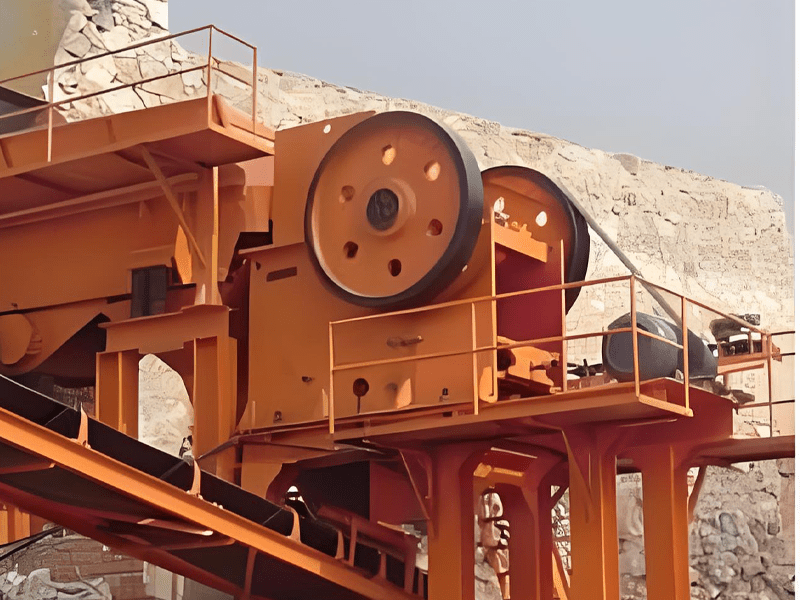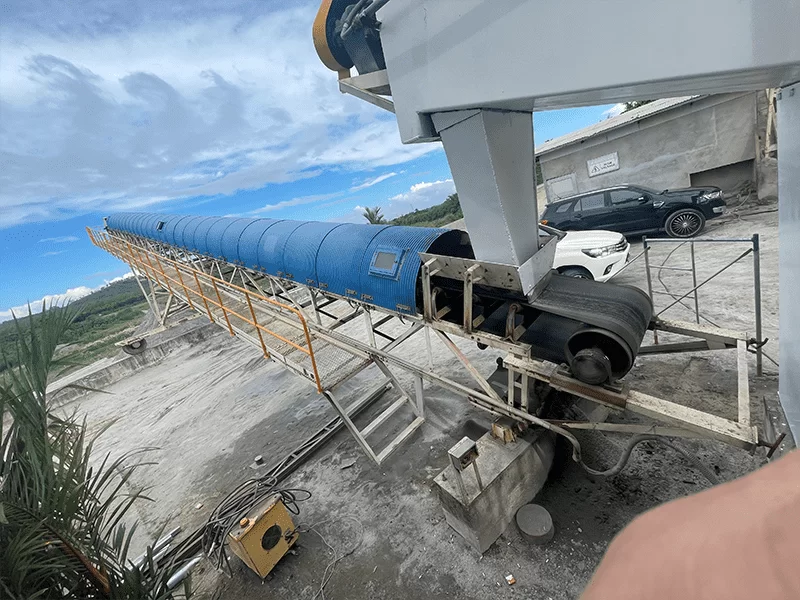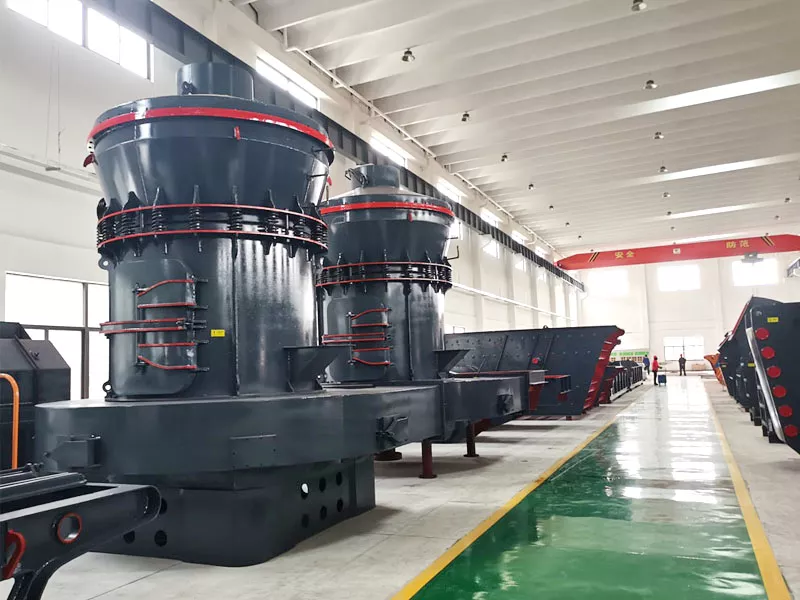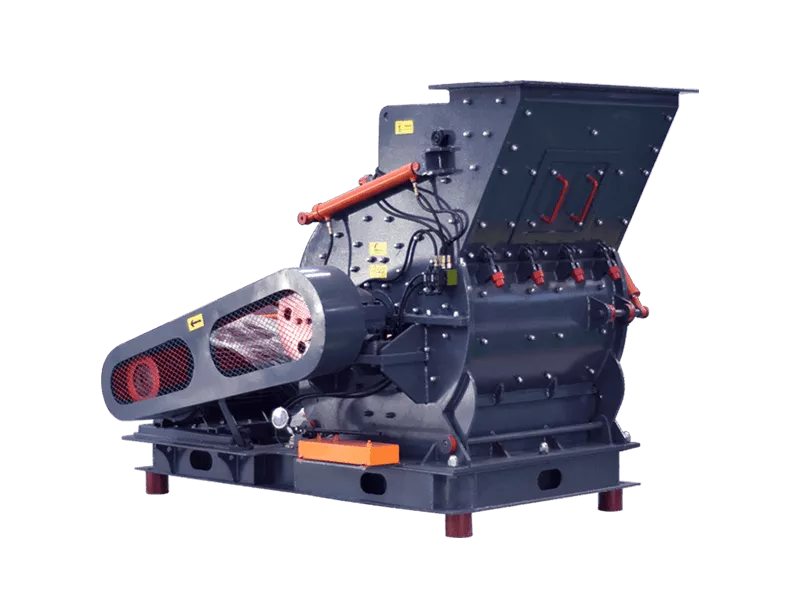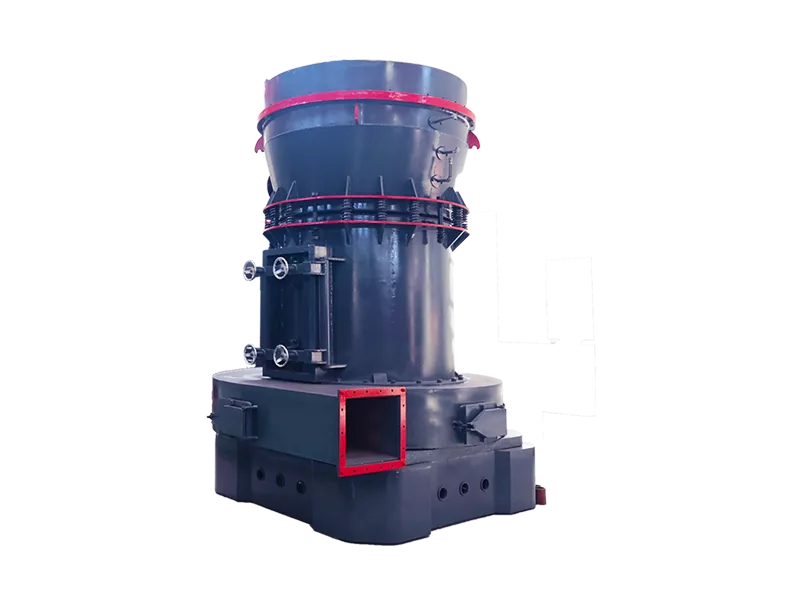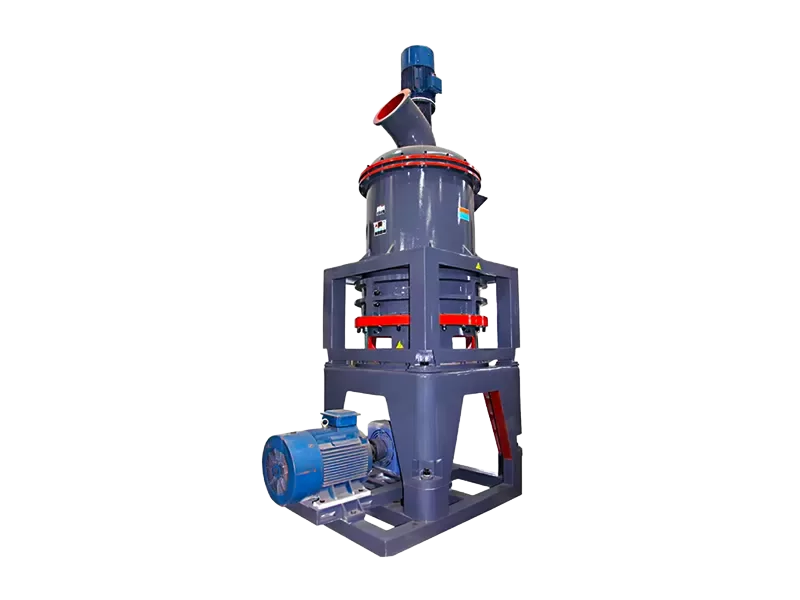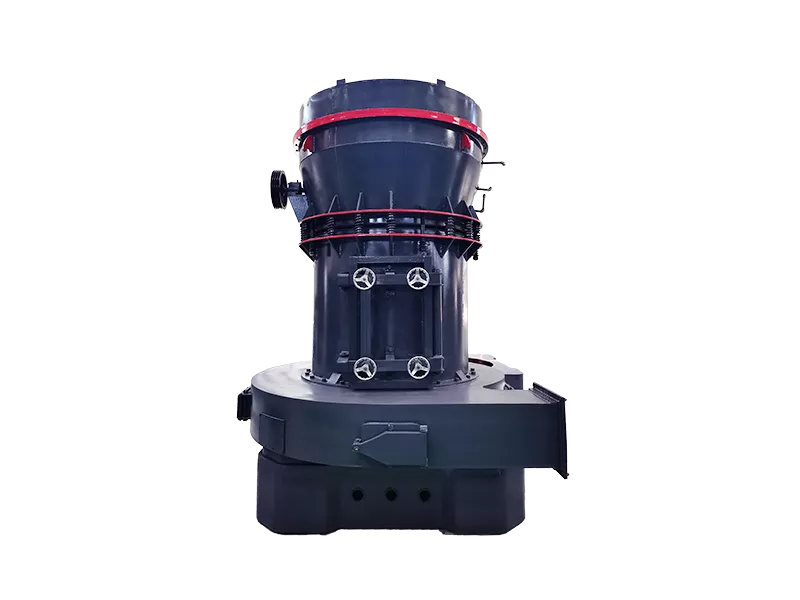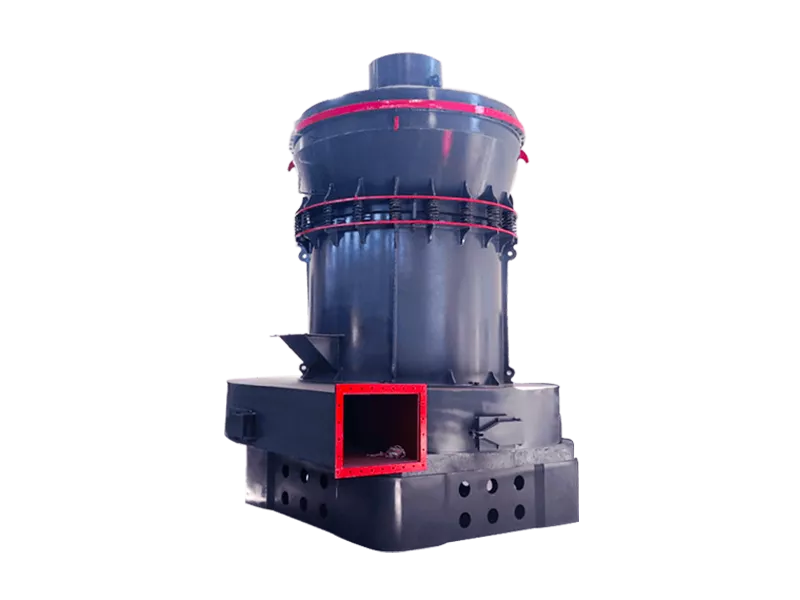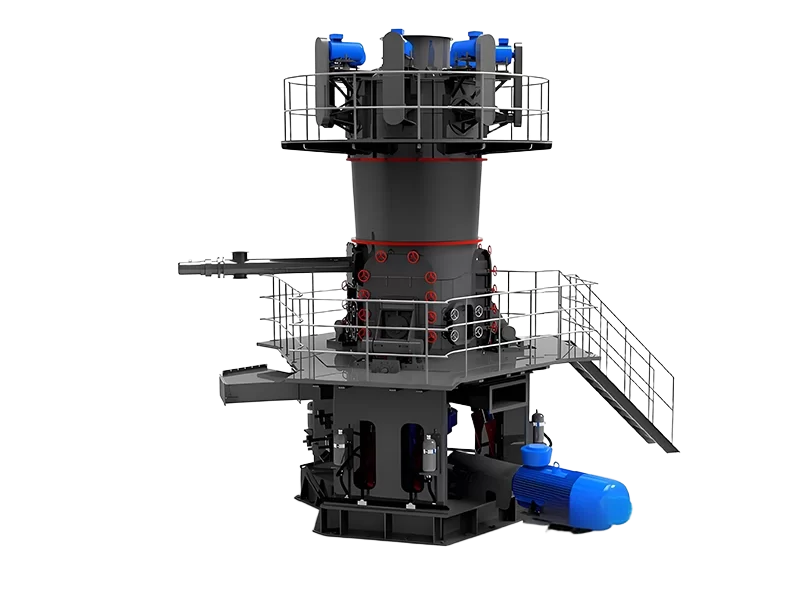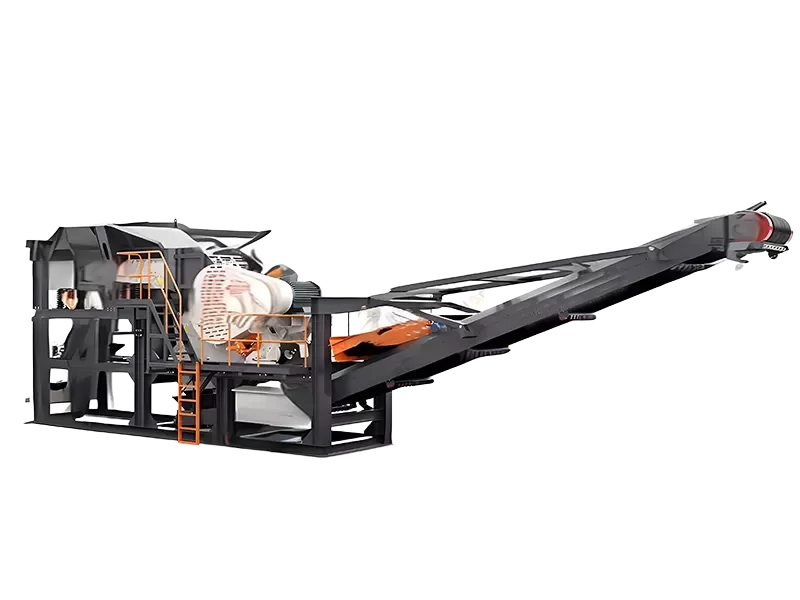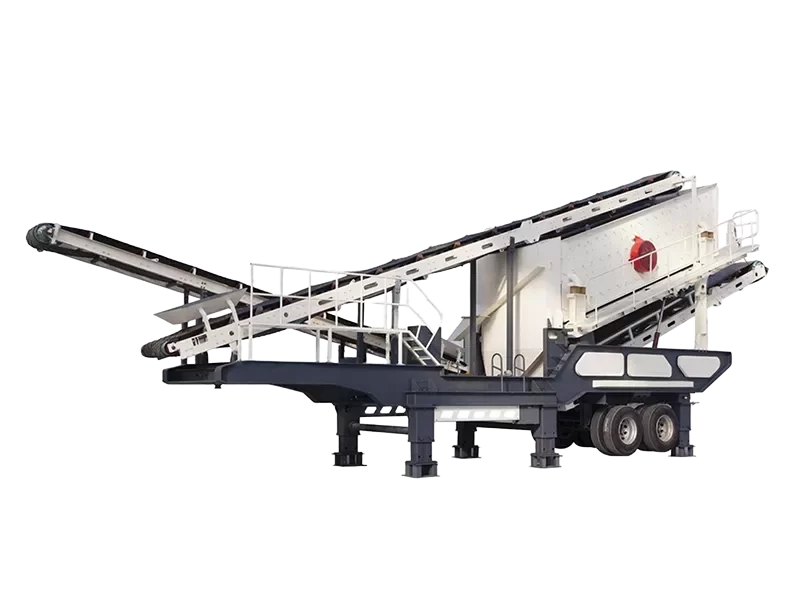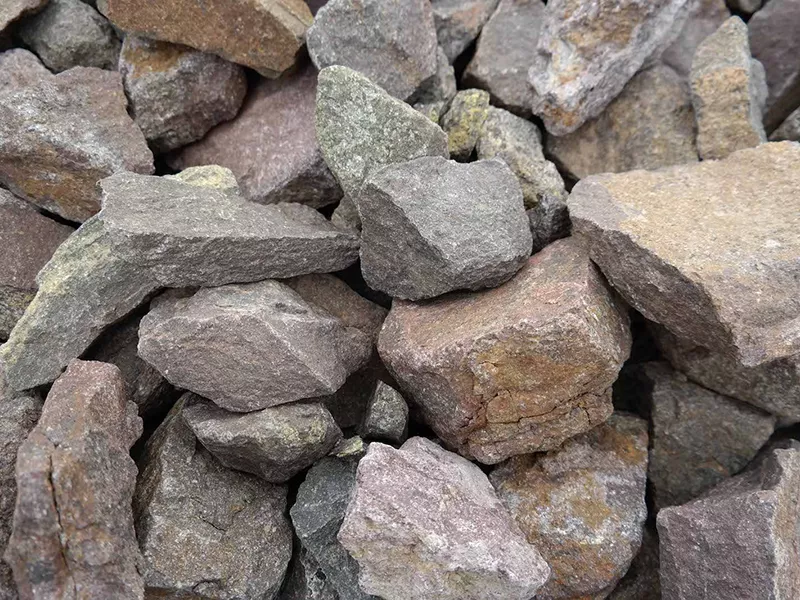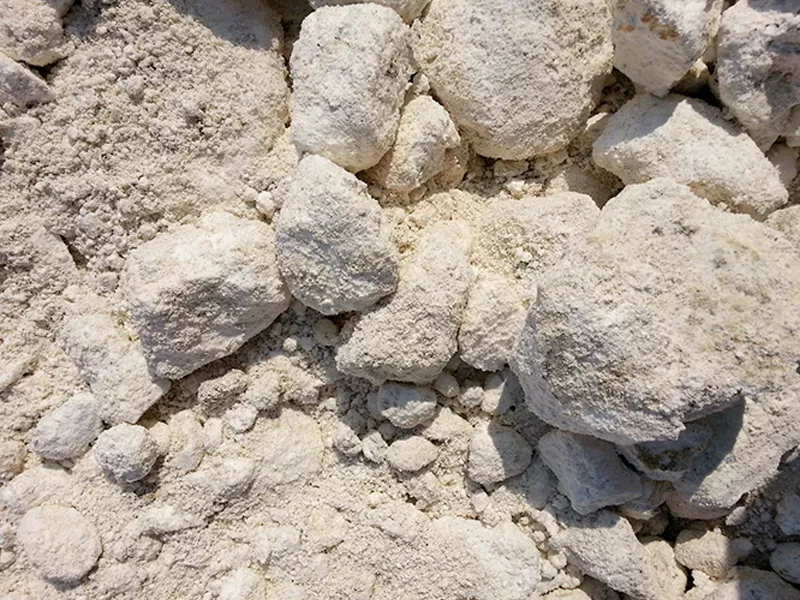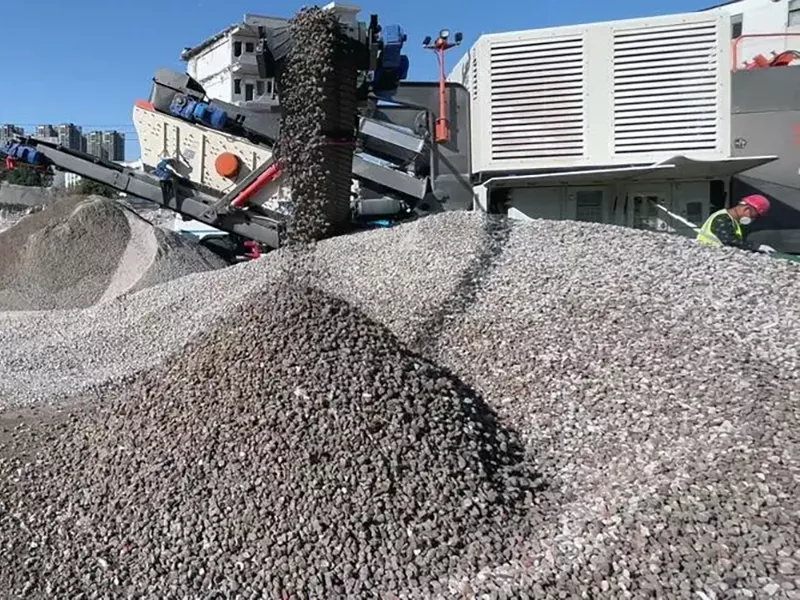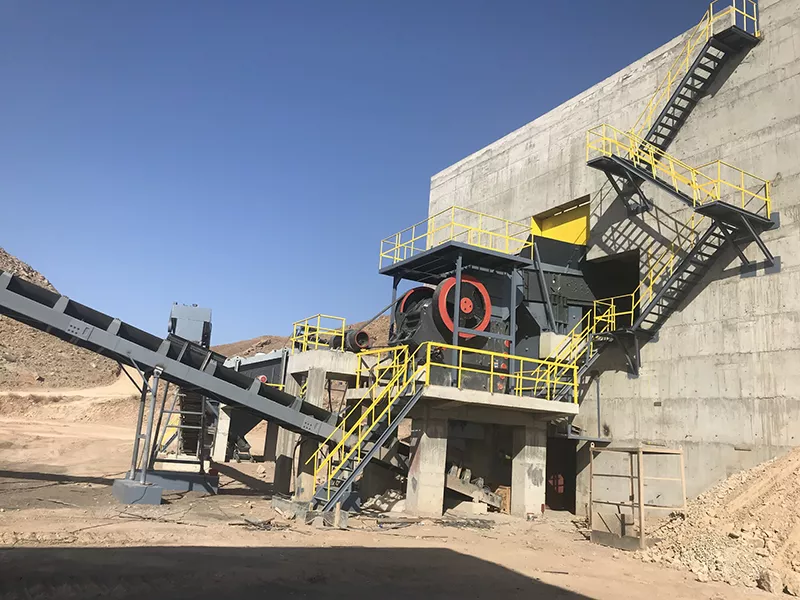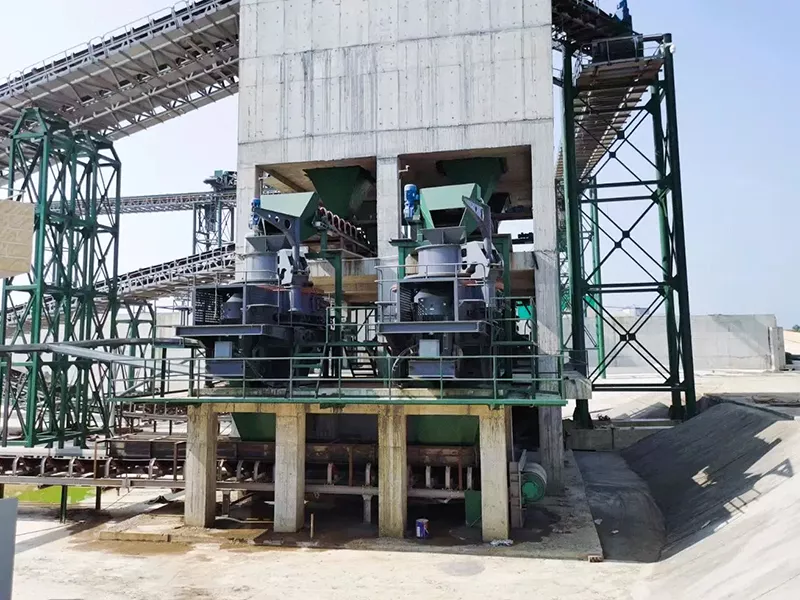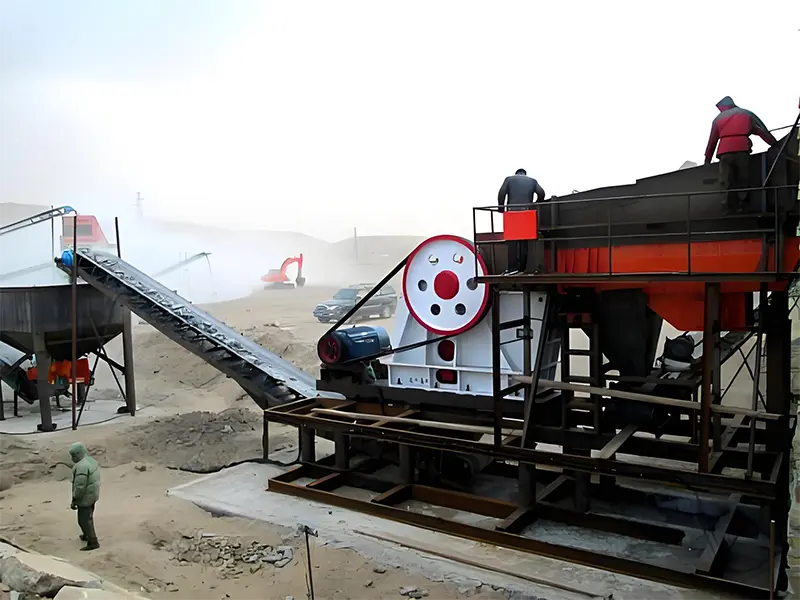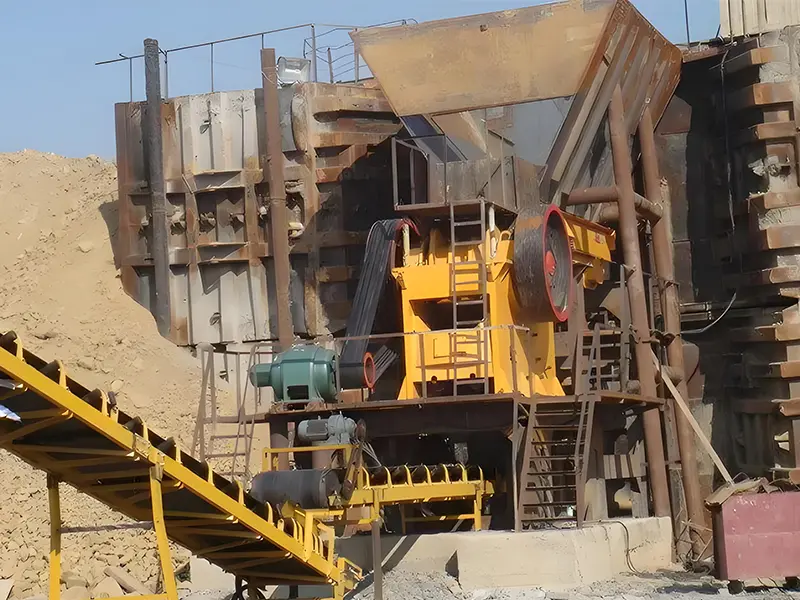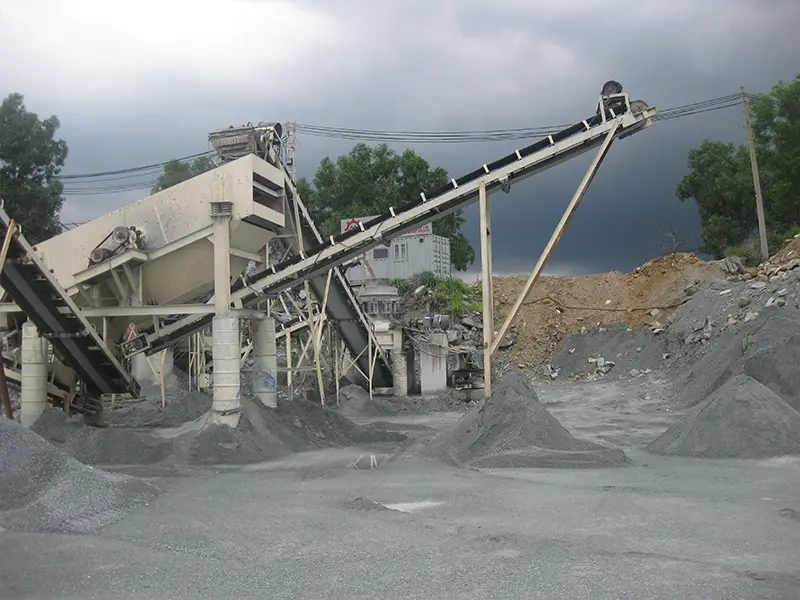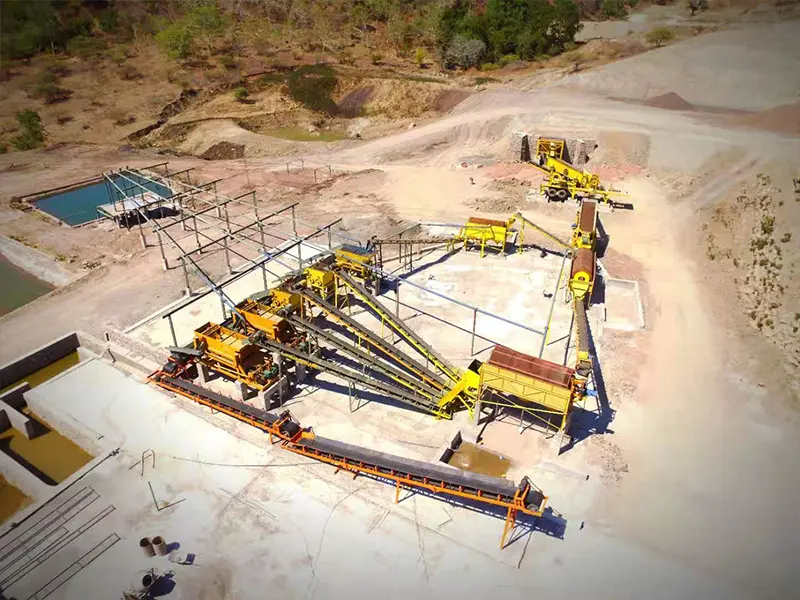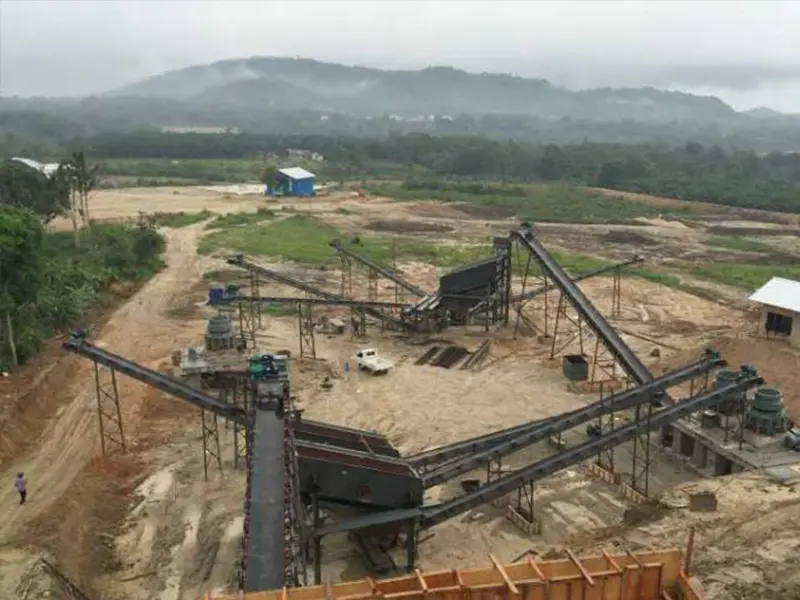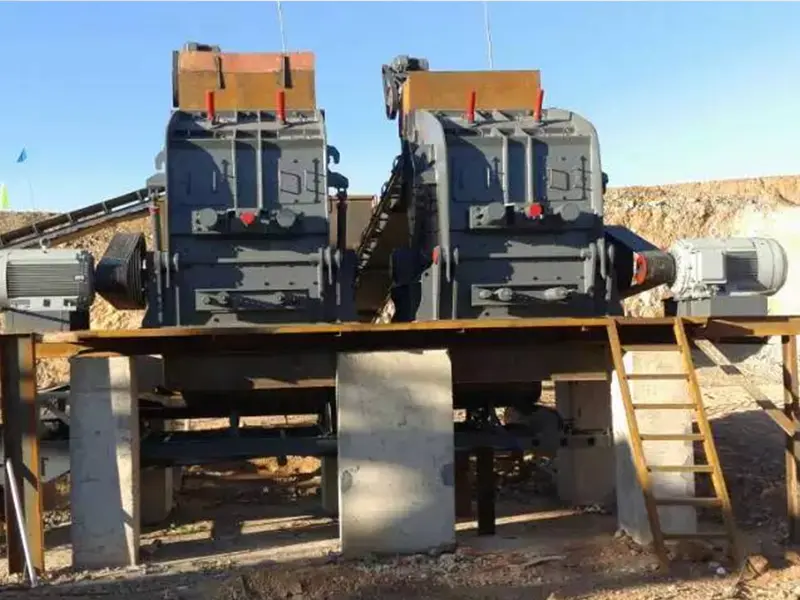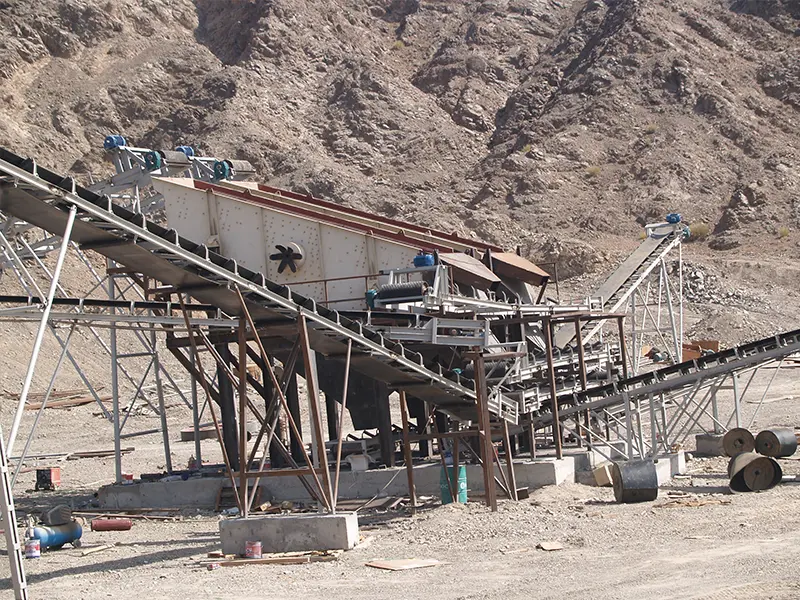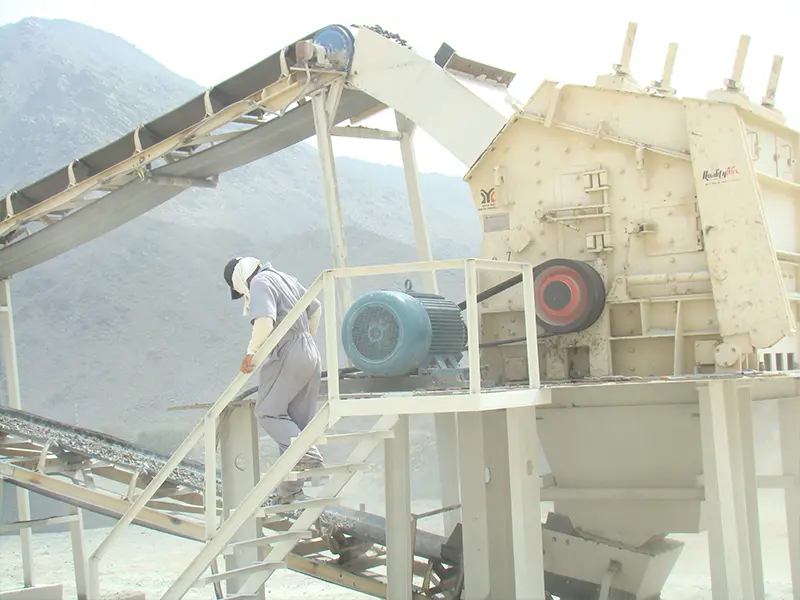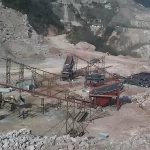
How to Choose a High-Quality Dolomite Crusher for Limestone and Dolomite Processing
2025年5月13日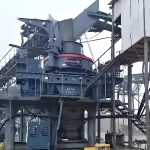
Sand Making Machine Output: Performance, Benefits, and Comparison with Natural Sand
2025年5月14日
How to Choose a High-Quality Dolomite Crusher for Limestone and Dolomite Processing
2025年5月13日
Sand Making Machine Output: Performance, Benefits, and Comparison with Natural Sand
2025年5月14日Blog
Crusher Rust Prevention During the Rainy Season
Effective crusher rust prevention is critical not only for protecting the equipment but also for ensuring consistent production and extending machine lifespan.Mining and crushing equipment—especially crushers—are primarily made from steel. During the summer rainy season, particularly in southern regions, these machines are vulnerable to rust and corrosion, especially when stored or operated outdoors.
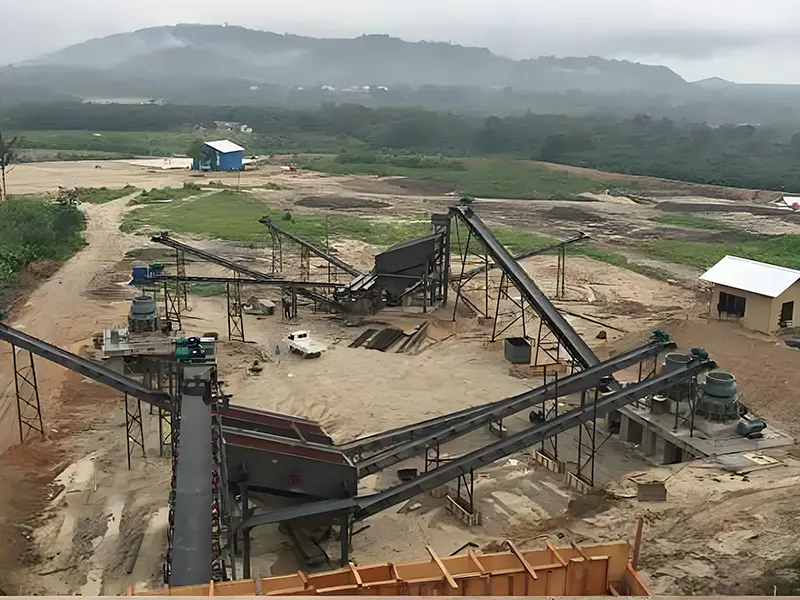
Why Crushers Are Vulnerable to Rust in Rainy Seasons
Steel corrodes when exposed to moisture and oxygen, two elements that are abundant during prolonged rainy weather. Additionally, acidic substances in rainwater can accelerate rusting. When equipment is left in an open-air environment without protection, rust can damage essential components, reduce operational efficiency, and increase maintenance costs.
Operational Tips to Reduce Corrosion Risk
While storage and external protection are important, operating practices also play a crucial role in rust prevention. Here are key guidelines:
- Avoid operating under load at low temperatures
- Always preheat the crusher before use. Starting the machine cold can lead to internal condensation and increase the risk of moisture buildup.
- Prevent overheating during operation
- Regularly monitor temperature indicators. If abnormal temperatures occur, stop the machine immediately, troubleshoot the issue, and perform maintenance.
- Inspect and maintain cooling systems
- For water-cooled machines, check coolant levels daily.
- For air-cooled machines, clean fans and vents regularly to ensure unobstructed airflow and effective heat dissipation.
These precautions help maintain optimal performance while minimizing internal corrosion.
Best Practices for Crusher Rust Prevention and Maintenance
Preventing rust requires proactive and consistent care. Here are recommended strategies:
- Repaint exposed steel surfaces
- If paint peels or cracks, promptly recoat with anti-corrosive paint to isolate steel from oxygen and moisture.
- Apply grease to internal components
- Use quality lubricants on internal parts to minimize metal-to-metal contact and protect against rust.
- Lubricate bearings and joints frequently
- Bearings are particularly vulnerable to moisture intrusion. Regular lubrication prevents rust and prolongs bearing life.
- Store equipment indoors when possible
- Moving crushing operations indoors can significantly reduce weather-related wear and tear.
Indoor Operations Support Environmental Protection
Due to tightening environmental regulations, many companies are transitioning crushing lines indoors. This approach not only prevents rain-induced damage but also:
- Reduces dust emissions
- Enhances worker safety
- Minimizes production downtime
- Supports cleaner, more sustainable operations
By combining operational care with structural improvements, companies can align production with both economic and ecological goals.
Conclusion
Rust prevention is a critical aspect of crusher maintenance, especially during the rainy season. By taking action—such as preheating, lubricating, and storing equipment properly—you can significantly extend the life of your crushers, reduce breakdowns, and maintain efficient operations. Whether you're operating in a tropical region or facing seasonal monsoons, implementing these anti-rust strategies will keep your equipment productive and protected.
Recommend Equipment
Solutions
Company Case
Request a Quote


